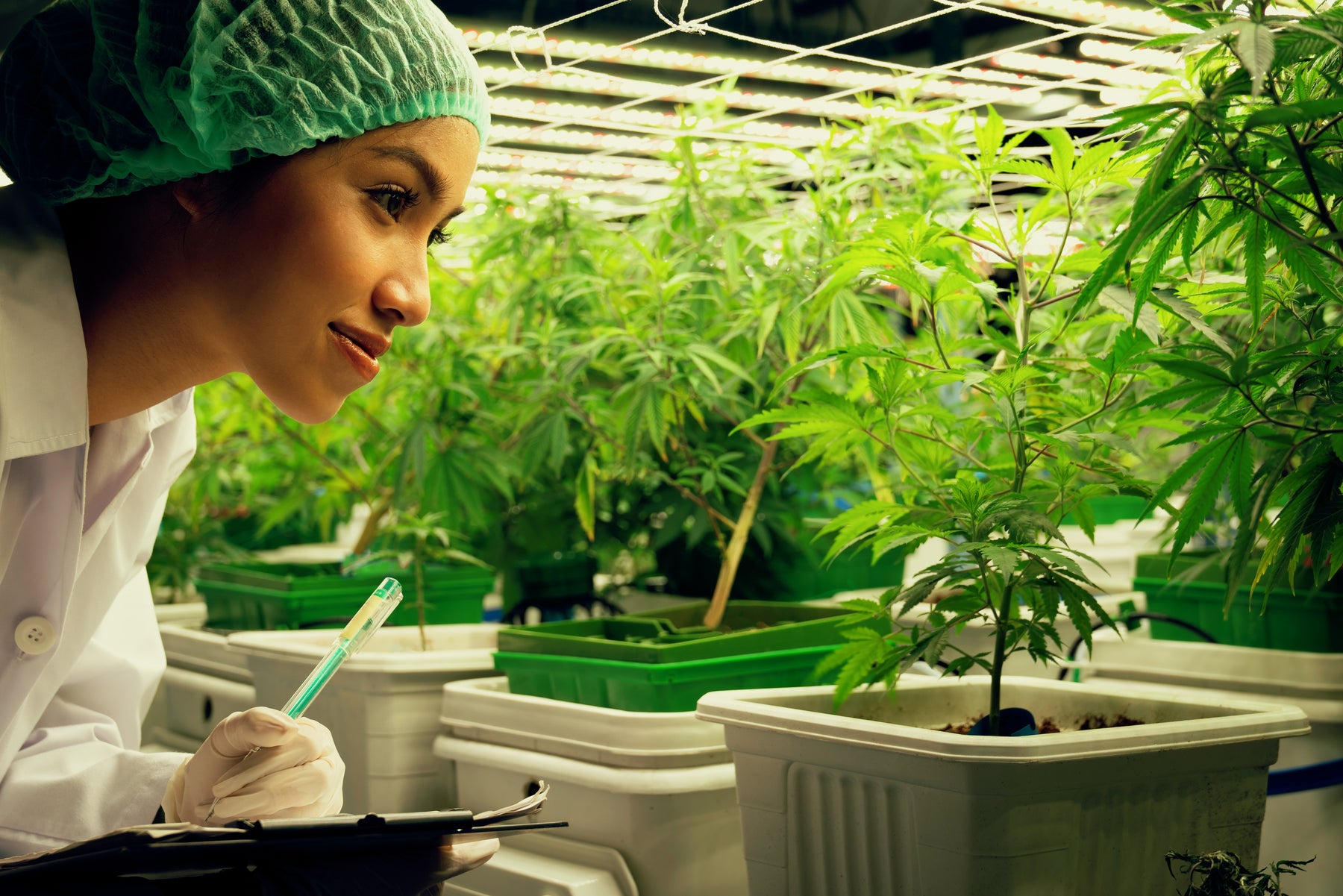
Embracing Hydroponics: A Greener, Smarter Way to Grow
In the world of gardening and agriculture, hydroponics has emerged as a revolutionary approach that brings a multitude of benefits to both seasoned growers and enthusiastic beginners. Let's dive into the exciting realm of hydroponics and explore the numerous advantages it offers for cultivating plants.
1. Water Efficiency:
One of the standout benefits of hydroponics is its remarkable water efficiency. Traditional soil-based gardening often results in water wastage due to runoff and evaporation. Hydroponic systems, on the other hand, recycle water efficiently, using up to 90% less water than conventional methods. This makes hydroponics an eco-friendly choice in regions facing water scarcity.
2. Faster Growth Rates:
Plants thrive in hydroponic systems due to direct access to nutrients and oxygen. The absence of soil allows roots to absorb nutrients more effectively, promoting faster growth rates. Growers often report that plants cultivated hydroponically can mature up to 25% faster than their soil-grown counterparts.
3. Space Optimization:
Hydroponics enables vertical farming and compact system designs, allowing growers to optimize space usage. Whether you have a small balcony or a dedicated indoor space, hydroponics makes it possible to grow a variety of crops in a limited area, making it ideal for urban environments.
4. Precise Nutrient Control:
With hydroponics, growers have precise control over nutrient levels, ensuring that plants receive the exact nutrients they need for optimal growth. This fine-tuned control minimizes the risk of over-fertilization or nutrient deficiencies, resulting in healthier, more robust plants.
5. Year-Round Growing:
Hydroponic systems provide an ideal environment for year-round cultivation. By controlling factors like temperature, light, and humidity, growers can create a consistent and stable environment, allowing for continuous and uninterrupted plant growth irrespective of external weather conditions.
6. Pest and Disease Control:
The absence of soil in hydroponic systems minimizes the risk of soil-borne pests and diseases. This reduces the need for pesticides and other chemical treatments, creating a cleaner and healthier growing environment. As a result, hydroponic crops are often more resilient and require less intervention.
7. Resource Conservation:
Hydroponics contributes to resource conservation by eliminating the need for traditional farming resources such as soil, which is often a finite and depleting resource. Additionally, the controlled environment of hydroponics reduces the reliance on arable land, making it a sustainable solution for the future of agriculture.
In conclusion, hydroponics represents a cutting-edge approach to growing that aligns with the demands of modern agriculture. Its water efficiency, space optimization, and precise nutrient control make it an environmentally conscious choice. Whether you're a seasoned gardener or a curious beginner, exploring hydroponics opens up a world of possibilities for efficient, sustainable, and rewarding plant cultivation. Embrace the future of growing with hydroponics and witness the flourishing benefits it brings to your garden.

